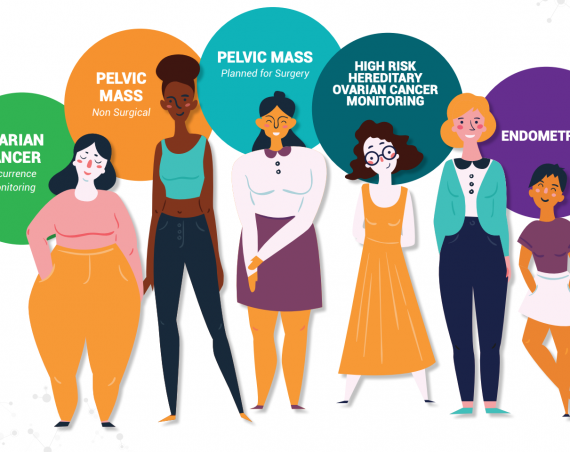
In a landmark move today, Organon, a global healthcare company with a focus on women’s health, and the Development Bank of Latin America, CAF, signed a Memorandum of Understanding (MOU). This MOU is aimed at supporting the United Nations Sustainable Development Goals by designing, structuring, and implementing sustainable programs to enhance the equity, health, and autonomy of women and girls in Latin America and the Caribbean.
Despite global strides, significant disparities persist in women’s health, which hinders both women and economies from realizing their full potential. Sustainable financing can bolster progress in women’s health by directing funds towards initiatives that might otherwise lack adequate support, such as broadening access to sexual and reproductive health education and healthcare services.
One viable way to address tight government budgets while simultaneously stimulating healthcare and socioeconomic progress is through sustainable financing. Health-centered social impact investments – also referred to as results-based financing – can provide measurable and impactful outcomes for governments and investors, whilst mitigating their risk. However, as of 2020, health-related investments constituted only 10% of the $190 billion global social bond issuances.
Kevin Ali, CEO of Organon, expressed his belief in the power of results-based financing to collectively advance women’s health goals. He stated: “We take pride in our pioneering collaboration with CAF, which is specifically designed to positively impact women’s health, and consequently, a country’s economic growth and development.”
Through its partnership with CAF, Organon aims to prioritize and enhance the health, equity, and autonomy of women and girls in Latin America and the Caribbean. The initiative will ensure that women have the necessary resources and support to lead wholesome lives while contributing to economic growth. According to a report, if women participated equally in the economy as men, up to $28 trillion, or 26%, could be added to the global GDP by 2025.
Sergio Diaz-Granados, Executive President of CAF, stated: “Our agreement with Organon will enable us to pool our resources to eliminate the structural barriers that continue to restrict women’s access to health, financial and non-financial services.”
This novel model that unites governments and global development banks has the potential to enhance the lives of women and girls while at the same time increasing Gross Domestic Product (GDP). Utilizing data, Organon is showing governments the potential benefits of sustainable finance for their citizens and economies through health-related investments. These programs are currently active in various stages in eight countries, including Mexico, Colombia, Ecuador, Peru, Panama, Thailand, Kenya, and South Africa.



